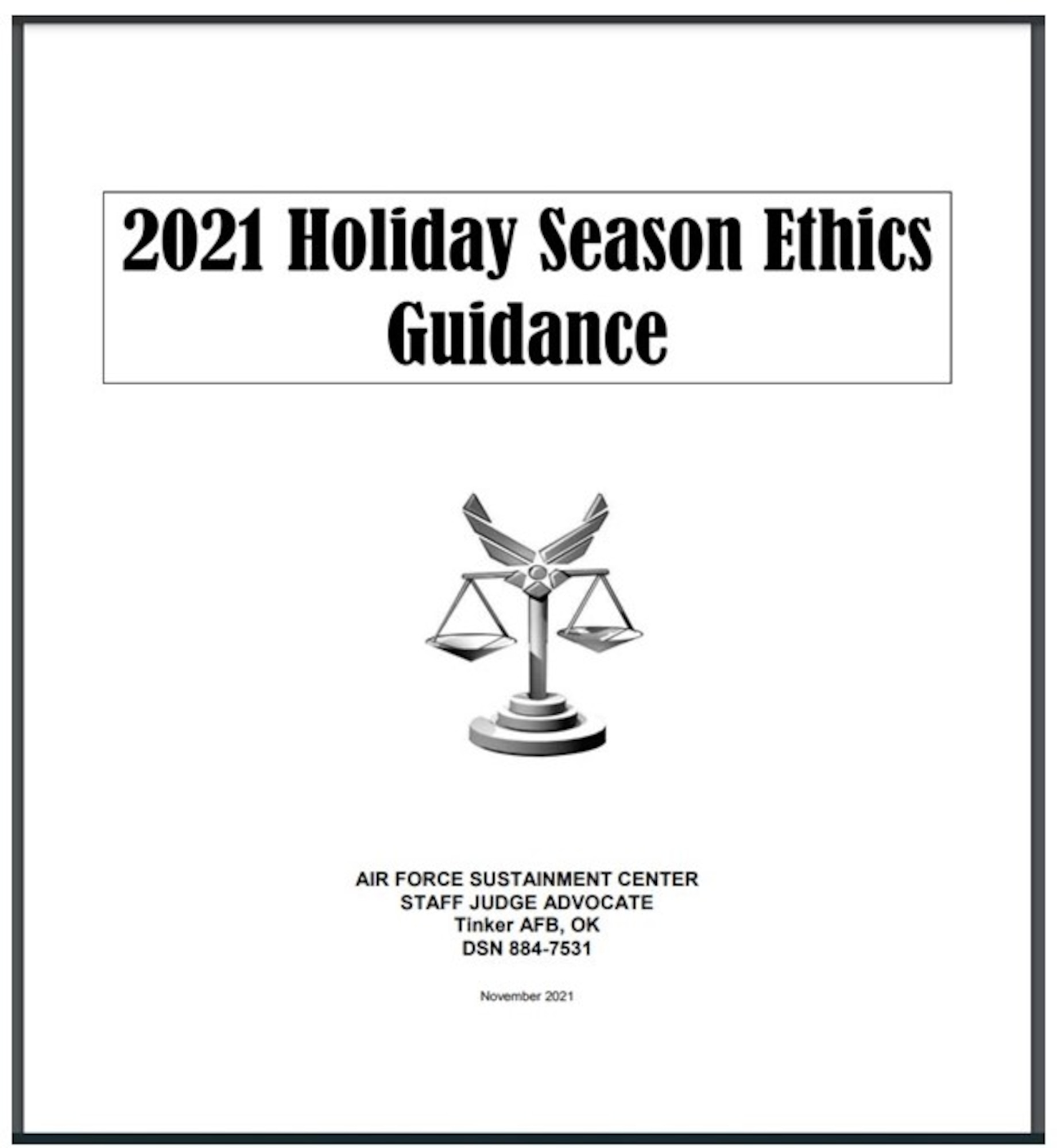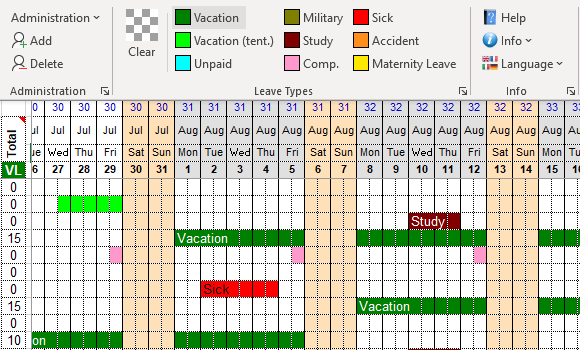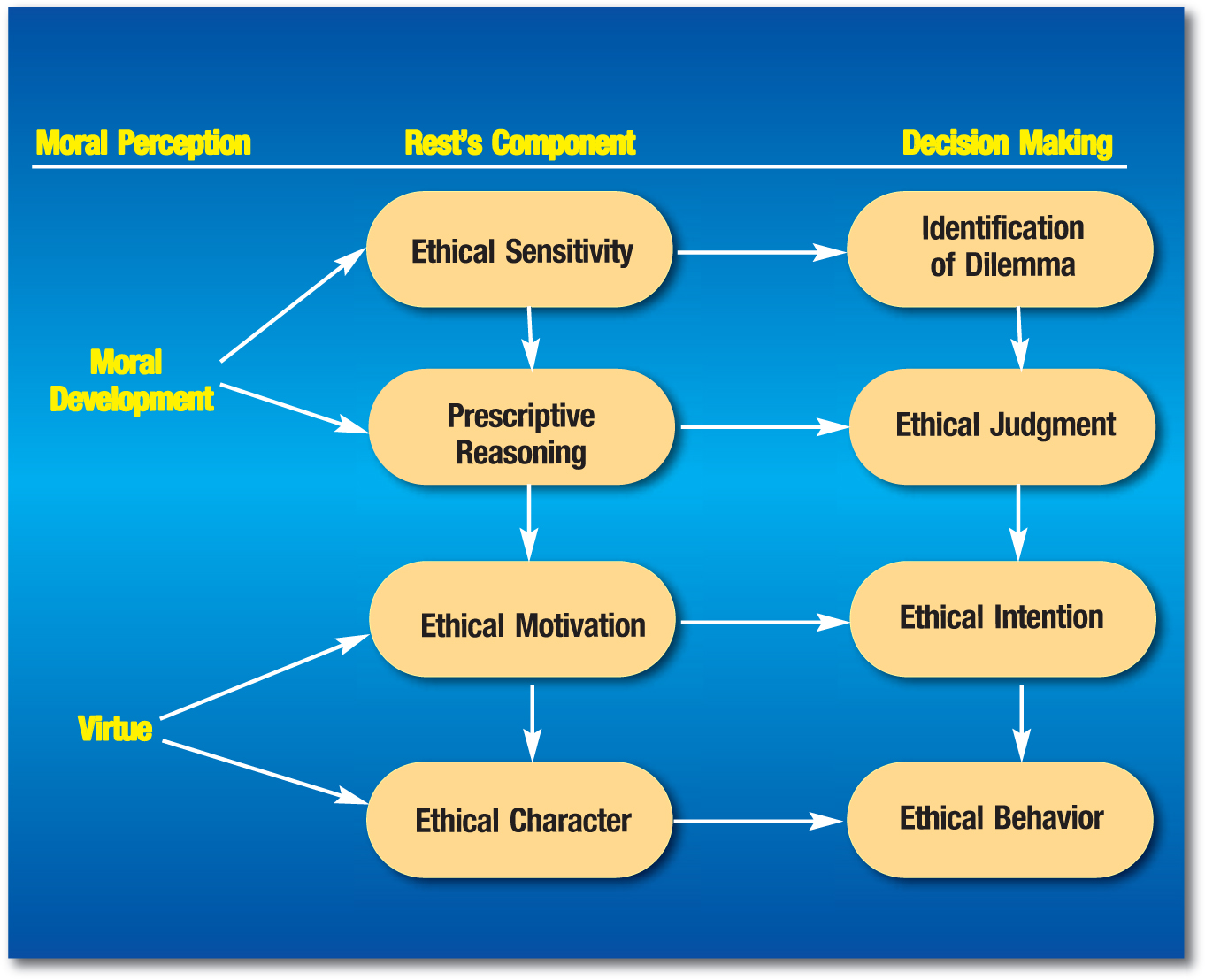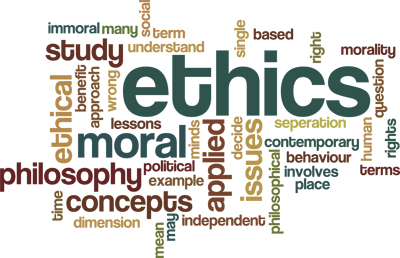Understanding the Legality and Ethics of Copying a Public Holiday Planner
Related Articles: Understanding the Legality and Ethics of Copying a Public Holiday Planner
Introduction
With great pleasure, we will explore the intriguing topic related to Understanding the Legality and Ethics of Copying a Public Holiday Planner. Let’s weave interesting information and offer fresh perspectives to the readers.
Table of Content
Understanding the Legality and Ethics of Copying a Public Holiday Planner
The question of whether one can legally and ethically copy a 2025 public holiday planner is complex, and the answer depends on several factors, including copyright law, the specific nature of the planner, and the intended use of the copied material.
Copyright Considerations:
Copyright law protects original works of authorship, including literary, dramatic, musical, and certain other intellectual works. A public holiday planner, depending on its content and presentation, might qualify for copyright protection.
- Original Content: If the planner contains original content, such as unique descriptions of holidays, historical information, or specific holiday traditions, it is likely to be protected by copyright.
- Compilation: Even if the individual holiday dates are not original (as they are generally set by law), the arrangement and presentation of this information within the planner could be considered a compilation, which can also be protected by copyright.
- Public Domain: However, if the planner solely relies on information that is already in the public domain, such as standard holiday dates and basic descriptions, it may not qualify for copyright protection.
Legality of Copying:
- Fair Use: Copyright law allows for certain exceptions, including "fair use," which permits limited copying for purposes such as criticism, commentary, news reporting, teaching, scholarship, or research. However, these exceptions are narrowly defined, and copying a public holiday planner for commercial purposes or for personal gain would likely not fall under fair use.
- Permission: If the planner is copyrighted, obtaining permission from the copyright holder is essential for any copying or distribution.
- Public Domain: If the planner is not copyrighted, it is generally free to copy and use. However, it is crucial to verify this status, as some planners may contain elements that are still protected by copyright.
Ethical Considerations:
Even if copying a planner is technically legal, ethical considerations are paramount.
- Respect for Intellectual Property: Copying someone’s work without permission is disrespectful of their intellectual property and effort.
- Fair Competition: Copying a planner for commercial purposes can create unfair competition for the original creator.
- Maintaining Integrity: Using someone else’s work without attribution can be seen as plagiarism and undermines the integrity of the information being presented.
Alternatives to Copying:
Instead of copying, consider these alternatives:
- Purchase the Planner: Support the original creator by purchasing the planner.
- Create Your Own Planner: Use publicly available information to create your own planner, which will be original and legally protected.
- Collaborate with the Creator: Contact the planner’s creator to discuss potential collaborations or licensing agreements.
FAQs:
Q: What if I only copy a small portion of the planner?
A: Even copying a small portion of a copyrighted work without permission can be considered infringement.
Q: Can I copy a planner for personal use?
A: While copying for personal use may seem less problematic, it is still unethical and may be illegal if the planner is copyrighted.
Q: What if the planner is available online?
A: The availability of a planner online does not automatically mean it is in the public domain. The copyright status still applies, and copying it without permission may be illegal.
Tips:
- Always check for copyright information. Look for copyright notices and the creator’s contact information.
- Use reliable sources for information. Rely on official government websites or established publications for holiday dates and information.
- Be mindful of ethical considerations. Respect the intellectual property of others and ensure your actions are fair and ethical.
Conclusion:
While copying a public holiday planner may seem convenient, it is crucial to consider both legal and ethical implications. Copyright law protects original works, and copying without permission can have serious consequences. Respecting intellectual property and seeking alternative solutions is essential. Creating your own planner, using publicly available information, or purchasing a planner from the original creator are all ethical and legal options.







Closure
Thus, we hope this article has provided valuable insights into Understanding the Legality and Ethics of Copying a Public Holiday Planner. We thank you for taking the time to read this article. See you in our next article!
